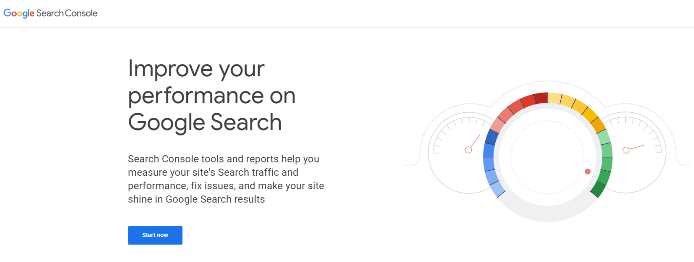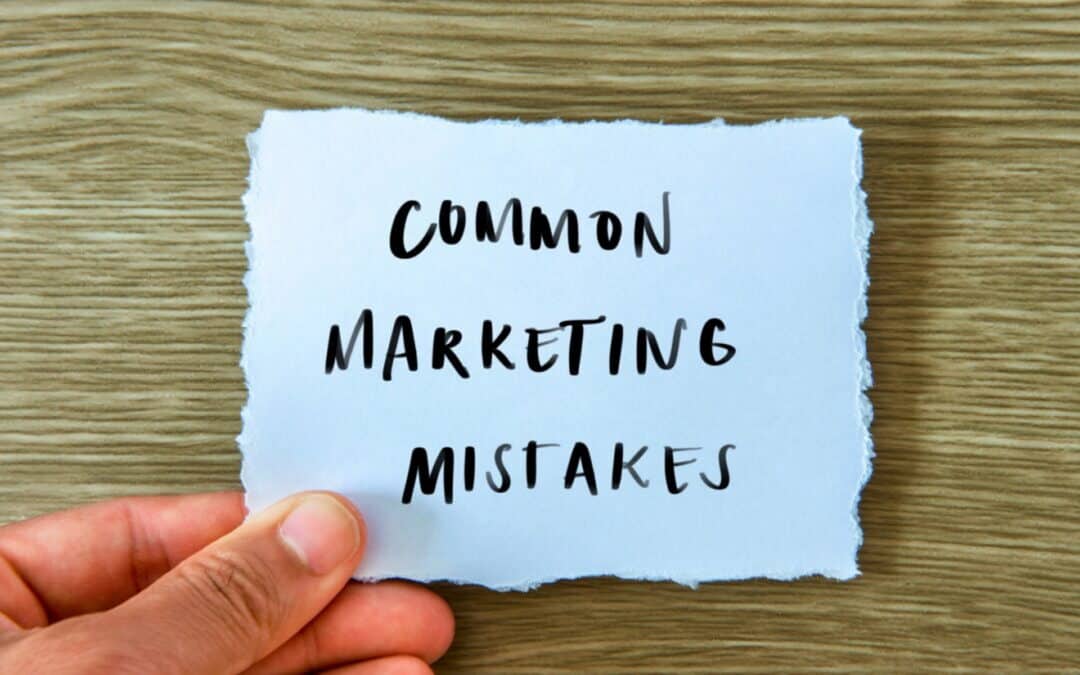Don’t worry….. it’s a trick question. Most law firms that we know of have sensibly outsourced their SEO to their “web guy” or someone who is an SEO “expert”.
This article will help you keep your “web guy” on the straight and narrow.
SEO is often viewed as a “black art” so we have provided 6 basic but essential tips to help you recognise things that could be better with the SEO on your website and to help improve your ranking on search engines, which after all is the whole point of SEO.
Although most modern law firm websites are built using a content management system, making it fairly easy to implement basic SEO, it would be a mistake to assume that everything was just done when the website was created.
Use these 6 tips as a checklist for a discussion with your SEO “expert” to make sure you at least have the basics right and so you are not wasting time creating valuable content, designed to supercharge your SEO, that no one can find.
Telling Google where to find you
It might seem obvious, but the best way to make sure that Google knows where you are is to tell them. You can do this by submitting a map of your website, known as a sitemap, to Google via Google Search Console.
Action: Check to see if your website is verified with Google, that you have submitted a sitemap and your website content is regularly being crawled and indexed by Google.
Optimise the titles to each web page
The titles to the pages on your website are very important, especially for Google. Each page of your law firm website should have a unique title which accurately reflects the content on the page and which also contains the keywords that users are searching for.
The page title should be brief but descriptive and it should help visitors understand what they will find on the page.
Action: Next time you have one of your own web pages open in your browser hover over the browser tab at the top of the page to display a pop up; this is usually the page title. See what it says.
User Friendly Permalink Structure
This one is a bit technical but worth understanding.
When you click on a link, its format or structure will appear as the URL in your browser address bar.
We’ve all seen some bad link formats while browsing the web, where the site address is made up of random numbers and letters and is so long that you can’t see the end of it.
The link structure should be simple, it should make sense and be easy to understand both for visitors and for search engines. In short, just like the page title, the words should accurately summarise the page.
Action: Check that your own web pages have addresses that make sense and accurately reflect the content on the page.
Page summaries – technically known as Meta Tags
Each page on your website should have a snippet that summarises what the content on the page is all about. It’s an extended version of your page title which will sometimes appear in search results but is otherwise not usually visible to you or your website viewers.
A meta tag should be between 150 and 160 characters, contain keywords that your visitors are searching for and a unique description about the page which is designed to get the viewer to click on the link.
Action: Ask your web guy if the meta tags on your law firm website are optimised for search. See what he says.
Page loading speed
Page speed is a factor in SEO ranking and it also helps the user experience so visitors will stay on your site longer if your pages load faster.
There are various factors that affect page loading speed, most are too technical to discuss in any detail here, many are quite easy to fix.
Action: Google have a free tool called Page Speed Insights that will analyse the loading time of your web pages, they even provide recommendations on how to improve the performance.
Ask your web guy to analyse your site or do it yourself.
Internal Links to other pages on your website
Internal links to other pages make navigation easier and help to get your visitors to stay on your website longer. It makes information easier to access without having to go through the menu process and Google regards the link as a signal about the relative importance of that page.
Action: Improve your SEO by linking related pages together. Your web guy should use keywords as anchor text to do this, the links should be useful and easy to understand and don’t cram too many links on each page.
Conclusion
Although it can seem a bit daunting, improving the SEO of your law firm website does not have to start with any complicated or expensive process. If you get the basics right you will make your website more user friendly and it will help you get your law firm noticed on the web.
You should also get the basics right before you pay for expensive online advertisements to get new clients. A sound SEO strategy based on these 6 SEO tips will give you a good foundation to expand your law firm marketing.

















